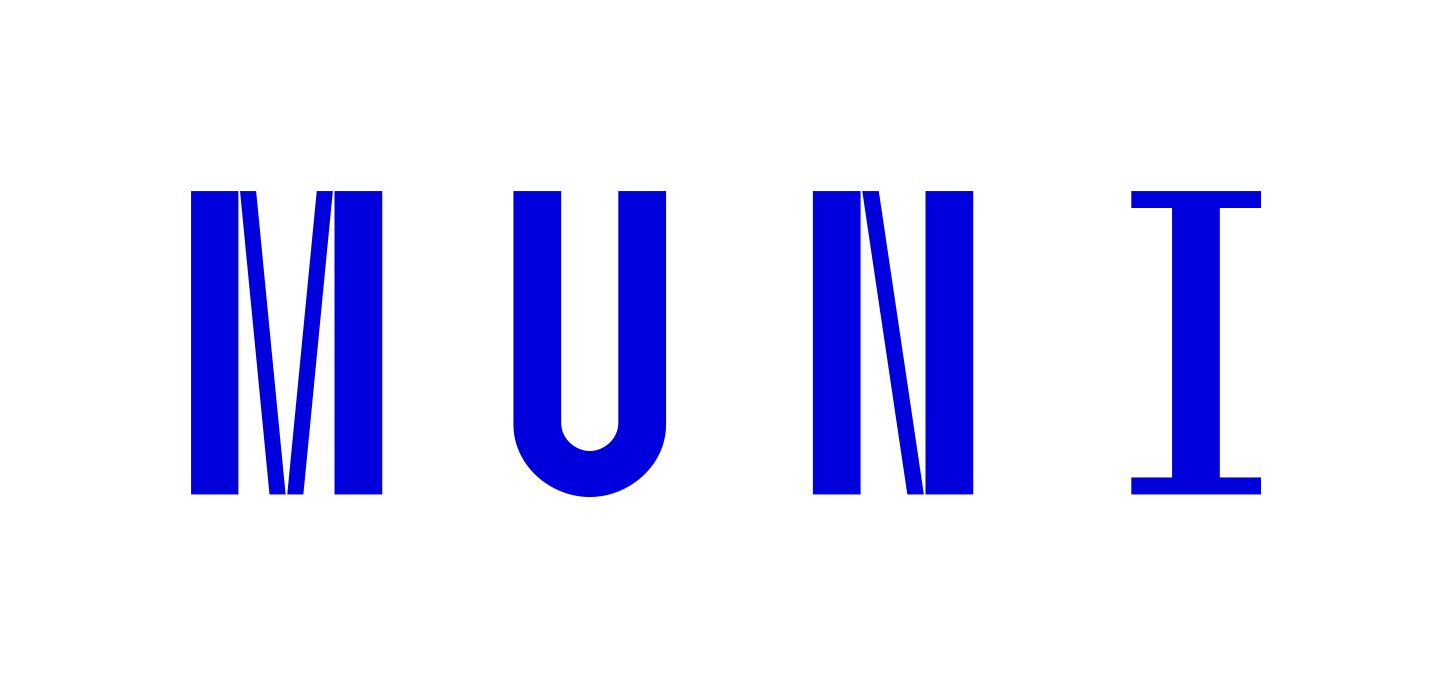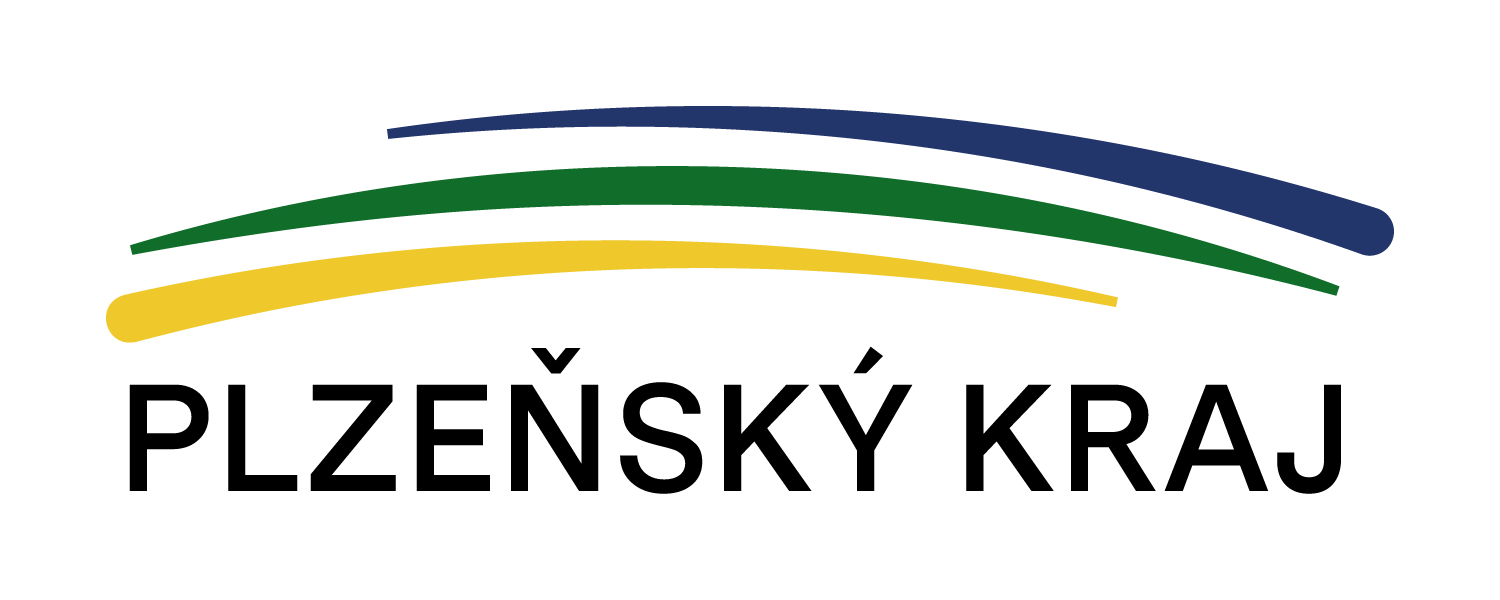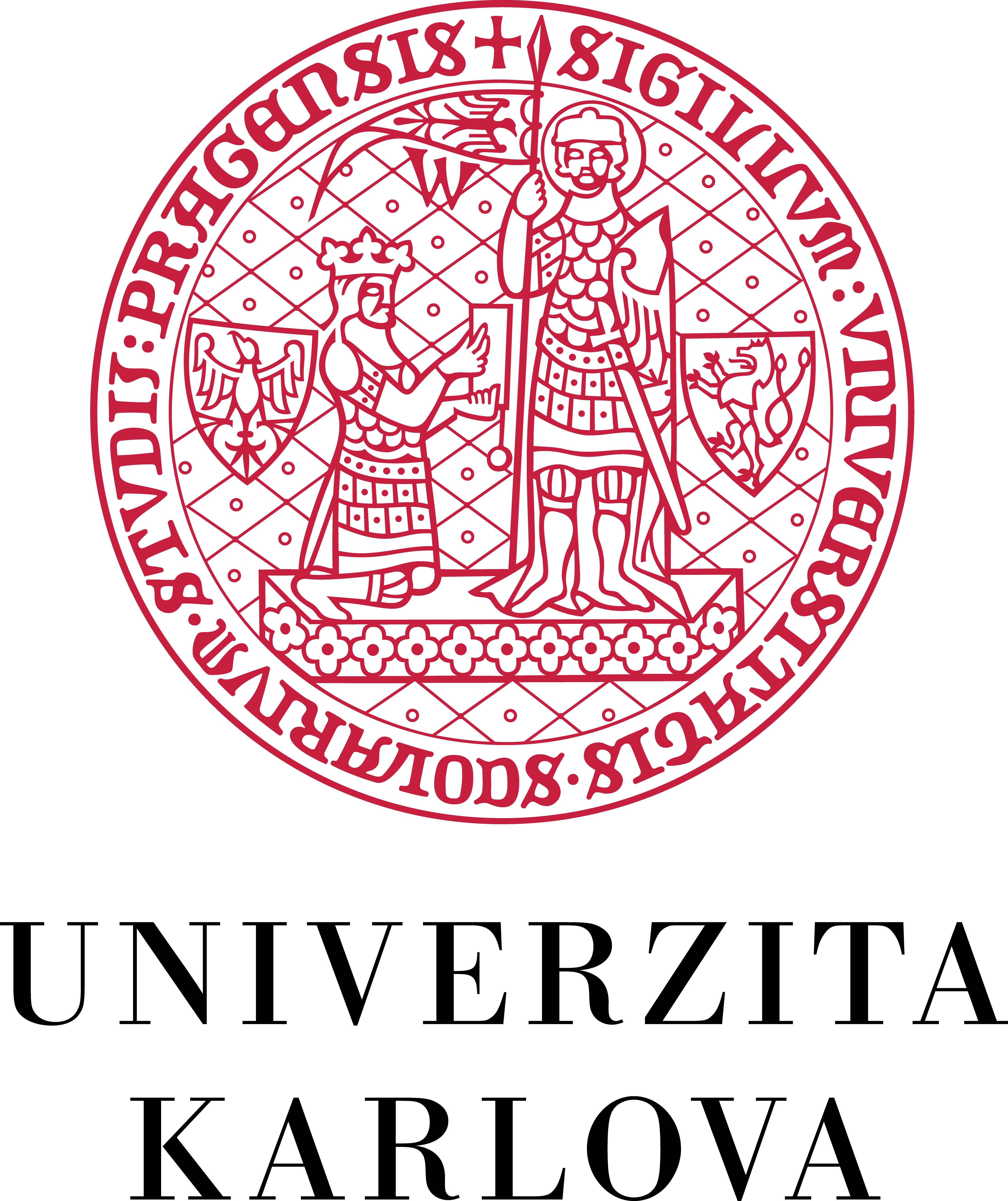The U.S. Congress first came into existence more than 230 years ago. It became an inspiration to legislatures around the world. The Founding Fathers divided it into two chambers – the House of Representatives and the Senate. With minor exceptions, both stand as equal components of the legislative process. While the House generally serves as an entryway for aspiring federal politicians, senators tend to be seasoned veterans of American public affairs.
At first sight, the lawmakers are divided into two irreconcilable camps – Republicans and Demcorats. But obscured to the layman’s eye is an interconnected web of political factions and interest caucuses. Journalists are sure to follow your every step to gain a glimpse into it. At the same time, lobbyists and cabinet members will try to influence Congressional proceedings to their advantage.











